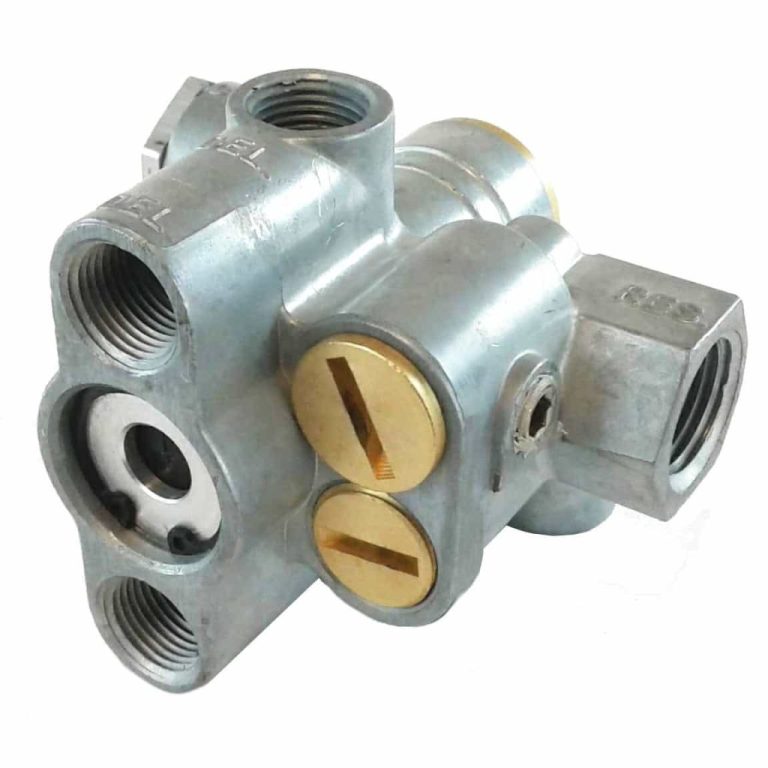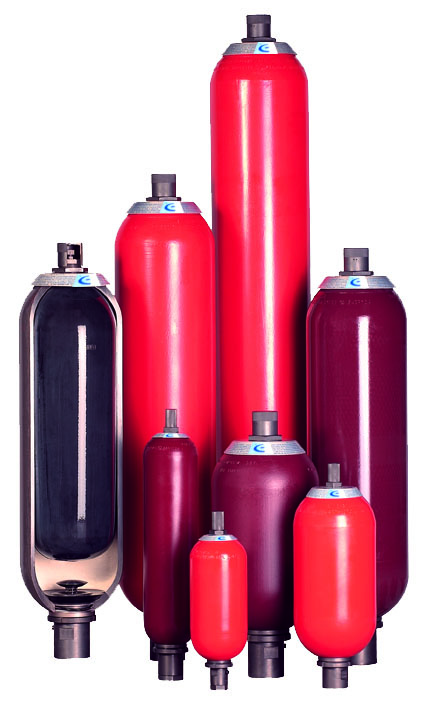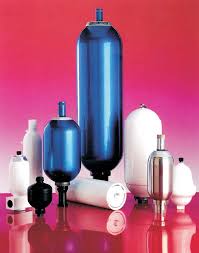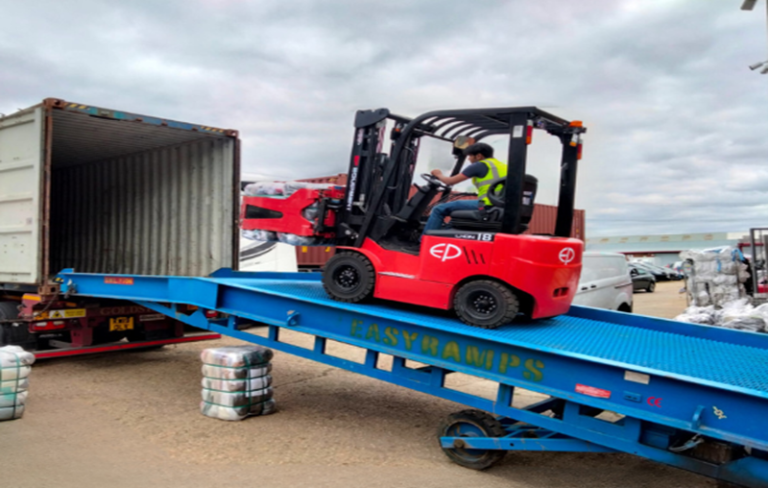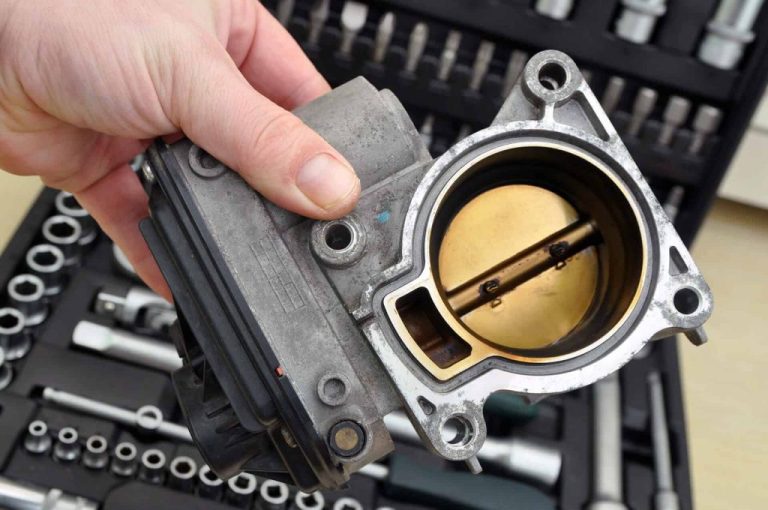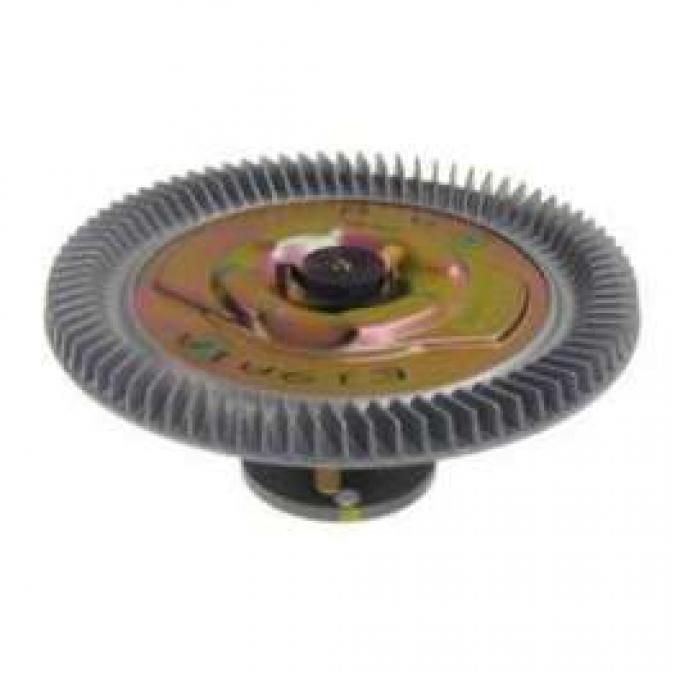Forklifts are widely used in different industries, from warehousing to?construction. These machines also work heavy lifting, long hours?and in tough conditions. For that reason, making sure forklifts stay in?good working order calls for consistent preventive maintenance. One such key element that often gets overlooked is the?filter element. This guide explains the importance of replacing filter elements in forklifts regularly, why it matters, and how to prevent?potential issues with proper maintenance.
What is?a Filter Element and Why to Replace It Regularly?
In forklifts filter components play a vital function in?the preservation of the motor and hydraulic systems. A filter is meant to catch things?like dirt, dust, and metal particles that could damage an engine or hydraulic system.
Over time, the filter elements accumulate debris which makes them less?efficient. A filter that is clogged is subject to contemporary management machinery?performance and restricts the flow of air, oil, or fuel. At some point, this leads to serious engine damage, breakdowns and?unsafe working conditions.
To run at peak efficiency, these filter elements must be?replaced periodically so that your forklift will continue to run properly and for the long haul.
Industrial workers used to unload large shipping containers?by hand.
Top 5 Risks Without Regular Filter Element?Replacement

The?potential operational risks of not replacing filter elements for forklifts in industrial applications. Here are?five key repercussions:
Engine Damage: When filter elements become clogged, contaminants can enter the engine and induce abnormal wear?on components like pistons and bearings. The result can be engine?failure, expensive and time consuming to fix.
#1 Hydraulic System Failures: A forklift uses hydraulic systems to lift and move heavy?loads. Hydraulic system performance depends heavily on the cleanliness and condition of the hydraulic?filter element.
Higher Fuel Consumption: A clogged filter restricts?the air circulation to the engine, which makes it harder for the engine to operate, resulting in more fuel consumption to deliver the same performance. This leads to a higher?operating cost for the business over time.
Have you serviced the filters on your?forklift? In busy warehouses?or construction sites, where forklift operators work around heavy loads and other equipment, this can present a safety hazard.
Causes of Unplanned?Downtime and Higher Maintenance Costs When a Forklift Breaks Down Due to a Clogged Filter These problems can result in excessive repair expenses and replacement?components which can be equally costly.
5 Main Causes for?Filter Element Failure
The filter element?degradation and clogging are caused by many factors. Here are the five main causes and technical?parameters to keep in mind:
Spoil Working?Environment:
Reason: Forklifts typically function in dusty and dirty conditions, like warehouses or construction?sites. These contaminants accumulate in the?filter over time.
Technical parameter: Dirty environments with relatively high concentrations of particulate matter (more than 100 μg/m3) mean?faster filters wear and tear.
Extended Operating Hours:
CAUSE: Long use, particularly in high-demand?environments, stresses the filter. The filter gets clogged faster the more you use?the forklift.
Technical Parameter: If Forklift?Calls more than 8 hours a day, Filter must be replaced sooner (250–300 working hours)
Improper Installation:
Accurate filter element installation is critical to ensuring a proper?seal on the side of the element.
Sealing in accordance with Torque of filter elements (small filters?10-20Nm).
Oil or Fuel Contamination:
Reason:?In cases of bad fuel or oil quality, the filter may clog up relatively quickly with particles and chemicals, reducing its life.
Technical Parameter: The higher?the fuel water and sulfur content (more than 0.5% in diesel), the faster the filter element is damaged.
Excessive Vibration:
Cause: Vibration caused by forklifts during operation can loosen or?damage filter elements internally.
Any vibration above 50HZ can result?in disorientation of the dirt and reduce the effectiveness of a filter.
5 Symptoms of a Clogged or?Bad Filter Element
It is?important to know when the filter element needs to be replaced, in order to prevent a major issue. Here are five key indicators:
Reduced Engine Performance:
If the forklift has difficulty achieving full power, especially when raising heavy loads, this could indicate a clogged filter and?restricted airflow.
Increased Fuel Consumption:
An immediate spike?in fuel consumption usually means that the engine has to work harder because of a lack of air flow or fuel contamination, which usually occurs when a filter is so dirty that it can no longer function properly.
Generating Data With Abnormal Hydraulic?Performance:
In hydraulic systems, a clogged filter element might lead to sluggish movement?or erratic operation of the lift mechanism. Due to heightened friction, it might?also result in overheating.
You?used this data up until October of 2023.
A visual inspection of?the filter can indicate whether it is dirty, clogged, or contaminated. If it?appears to be coated with dirt or oil, replace it.
Warning?Lights or Dashboard Indicators:
However, many newer models, like those made by Volvo or?Komatsu, have built-in sensors that help the operator get the most use out of the filter. Be aware of?these warnings to prevent surprise downtime.
You would train on data until?October 2023.
Three Categories of Preventive Measures for Maintenance of the?Filter Element
There are several methods?for extending filter element life and preventing failure. They can be classified into operational,?environmental and maintenance strategies.
Operational Measures
Routine Inspections: Inspect filters regularly (every 200-300 hours?of operation) to determine condition.
Engine and Hydraulic System Health: Overloading?the forklift can expose the engine and hydraulic system to high-stress conditions leading to faster degradation of the filter.
Fuel & Oil Quality?Monitoring: Use clean oil and fuel to delay premature clogging of filters.
Filter?Protection: Tweaking your fan configurations to induce a stable airflow path will also help protect other sensitive parts.
Environmental Measures
Replicate the Clean Operating Environment: Doing all you can to limit?dust and contaminants in the operating environment will minimize wear on the filter.
Weather Protection: If the forklift is operated outdoors?in wet or extreme weather conditions, use weatherproof covers for filters.
Supplemental Air Filtration Systems: Add supplemental air filtration or purification systems to your?spaces to reduce airborne particulates.
Sheltered Storage: Store forklifts under clean, sheltered conditions to keep filters free?of contamination from the environment.
Maintenance Measures
Planned changes: Each filter element needs to be replaced?at a specific frequency, normally every 500–600 hours.
Utilize OEM Parts: For optimal performance and compatibility, always use original equipment manufacturer (OEM) filters, such as those made?by Volvo or Komatsu.
Periodic (System) Flush: Perform periodic flushes of the engine?and hydraulic systems to loosen and remove contaminants that can clog the filter.
Proper Installation and Tightening: Follow?the recommendations for the proper size as well as torque specifications for replacement filters.
Conclusion: Preventive Maintenance Pays?Off
This may look trivial, but by?regularly replacing filter elements, the performance and longevity of the forklifts can be ensured. A well-maintained system will result in less need for?emergency service, fewer breakdowns, and additional benefits, in the end, on the downside Repair Companies minimize Operating Cost. Replacing a filter element only costs a few bucks, and for the cost of repair to your engine or hydraulic system, it best not be skipped as comparable to the price of your filter element it may?save you a few bucks down the road.
Diagram?of forklift engine and hydraulic system with labeled filter components
By adopting these maintenance practices and regularly monitoring the condition of filter elements, it can be ensured that the performance of forklifts from renowned brands such as Volvo and Komatsu remains at optimal levels, ensuring safe?and cost-effective service for years to come.
